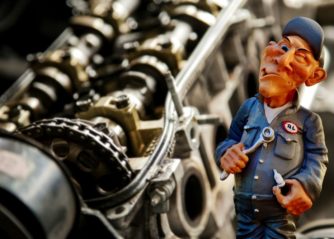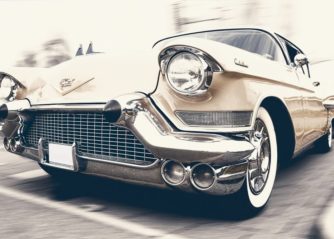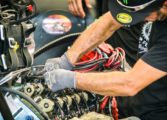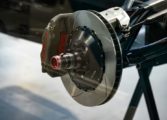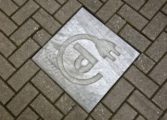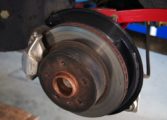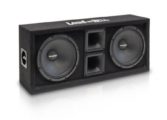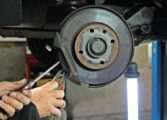American Classic Cars: A Timeless Icon of American Automotive Culture
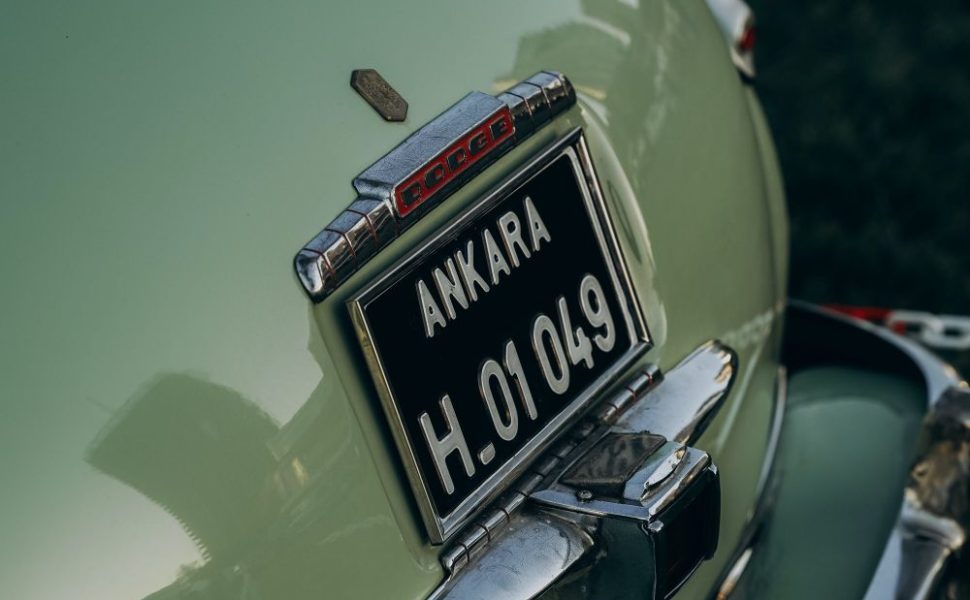
Introduction:
American classic cars have become synonymous with the rich history and culture of automobile manufacturing in the United States. These iconic vehicles reflect an era of craftsmanship, design excellence, and raw power that continues to captivate car enthusiasts and collectors alike. In this article, we will delve into the world of American classic cars, exploring their diverse range, popularity, unique features, and historical significance.
Overview of American Classic Cars:
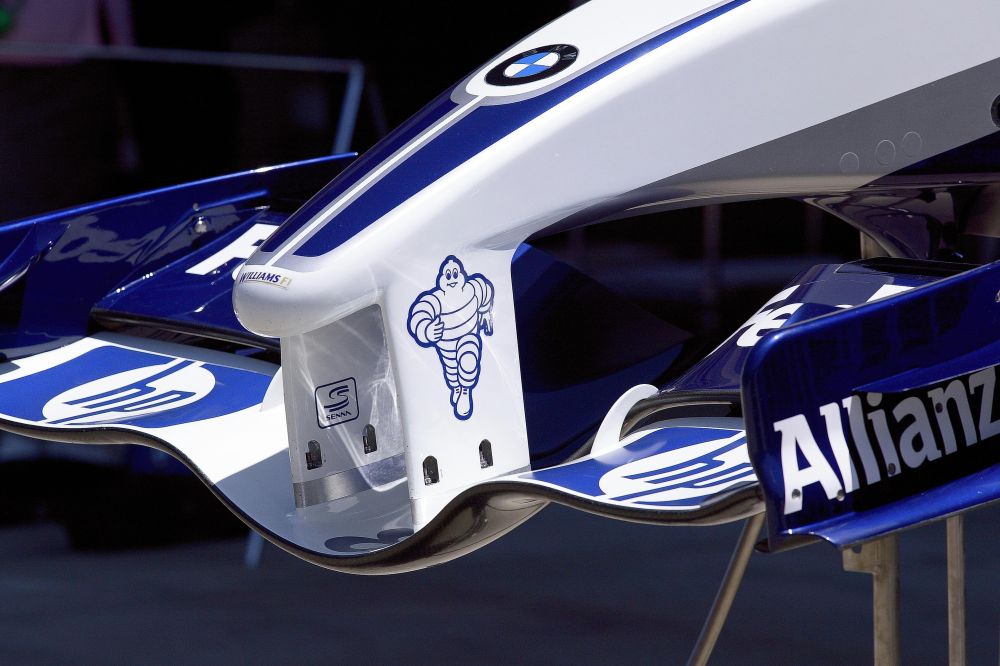
American classic cars represent a bygone era characterized by style, elegance, and innovation. These vehicles, often built between the 1920s and 1970s, showcase the finest examples of American automobile engineering. From the sleek and flashy designs of the 1950s to the muscle cars of the 1960s, each era has left an indelible mark on the automotive industry and the hearts of car enthusiasts around the world.
Types of American Classic Cars:
American classic cars can be categorized into various types, each with its own distinctive features and appeal. Some of the most popular types include:
1. Luxury Cars: These models, such as Cadillac and Lincoln, are known for their lavish interiors, cutting-edge technology, and smooth rides. They exude a sense of sophistication and were often favored by the affluent members of society.
2. Muscle Cars: Representing the epitome of American power, muscle cars like the Ford Mustang and Chevrolet Camaro are revered for their high-performance engines and aggressive aesthetics. These vehicles are designed for speed and acceleration, making them a favorite among adrenaline junkies.
3. Hot Rods: Customized and souped-up vehicles, hot rods are a testament to American ingenuity and individualism. Enthusiasts modify these cars to achieve maximum speed and performance, resulting in unique and eye-catching designs.
4. Classic Trucks: American classic trucks, such as the Ford F-150 and Chevrolet C10, have a rugged appeal and are often associated with hard work and reliability. These vehicles have become highly sought after by collectors who appreciate their utilitarian charm and timeless design.
Quantitative Measurements of American Classic Cars:
When it comes to American classic cars, various quantitative measurements can help gauge their value and desirability. Some of these measurements include:
1. Rarity and Production Numbers: The number of vehicles produced and the rarity of a particular model can greatly impact its value. Limited production numbers or special trim variations often make certain classic cars more desirable and valuable.
2. Market Prices: Monitoring auction results and sales data can provide insights into current market trends and valuations. Factors such as vehicle condition, originality, and provenance influence the prices that collectors are willing to pay for these iconic machines.
3. Performance Metrics: Classic car enthusiasts also consider the performance metrics of these vehicles. Acceleration times, top speeds, and horsepower figures are important factors that influence their appeal and desirability.
Distinguishing Features of American Classic Cars:
American classic cars differentiate themselves from their counterparts around the world through their distinct design cues, powerful engines, and a sense of Americana. Some distinguishing features include:
1. Unique Body Shapes: American classic cars often feature bold and flamboyant body styles, characterized by sweeping curves, fins, and chrome accents. These design elements reflect the exuberance and optimism of the period in which they were created.
2. Powerful Engines: American classic cars are renowned for their powerful engines, delivering impressive horsepower and torque. Engine options range from small-block V8s to big-blocks, satisfying the desires of speed enthusiasts.
3. Customization Culture: Unlike many other automotive cultures, the American classic car scene has a rich history of customization. From pin-striping to unique paint jobs and personalized interiors, customization allows owners to put their personal touch on their beloved rides.
Historical Overview of American Classic Cars’ Pros and Cons:
American classic cars have their own set of advantages and drawbacks, which have evolved over time. Understanding these factors helps enthusiasts make informed decisions when purchasing a classic car.
Advantages:
1. Design Excellence: American classic cars boast stunning designs that have stood the test of time. Their striking aesthetics and attention to detail continue to captivate admirers even decades after their production.
2. Performance and Power: These cars were often equipped with powerful engines, providing exhilarating acceleration and thrilling driving experiences that still appeal to car enthusiasts.
3. Cultural Significance: American classic cars are not just vehicles; they represent an important chapter in American history and popular culture. Owning one allows enthusiasts to connect with the past and be part of a rich automotive heritage.
Disadvantages:
1. Maintenance and Restoration: Sourcing spare parts and maintaining vintage vehicles can be a challenge. The rarity of some components and the need for specialized repair and restoration skills can make owning a classic car a labor of love.
2. Fuel Efficiency: Classic cars were not built with fuel efficiency in mind, often guzzling large amounts of gasoline. This can lead to higher operational costs and environmental concerns.
3. Safety Features: Compared to modern vehicles, classic cars lack many safety features we take for granted today, such as airbags, anti-lock braking systems, and crumple zones. As a result, these vehicles may not provide the same level of protection on the road.
Decisive Factors for Car Enthusiasts:
When it comes to purchasing an American classic car, several factors weigh heavily on the minds of car enthusiasts. These factors can greatly influence the choice of a particular make and model:
1. Rarity and Authenticity: The rarity and authenticity of a classic car can significantly impact its desirability and value. Collectors often seek out unique and original examples to add to their collection.
2. Condition and Maintenance History: The condition of a classic car is crucial to its value and enjoyment. Enthusiasts prefer vehicles that have been well-maintained and come with a detailed maintenance history.
3. Investment Potential: Some car enthusiasts view classic cars as investments. Considering the potential appreciation and market demand of different models is an important factor when deciding which classic car to purchase.
Conclusion:
American classic cars hold a special place in the hearts of car enthusiasts, embodying the spirit of a bygone era characterized by unparalleled design, power, and cultural significance. From their diverse types and distinguishing features to their historical pros and cons, these iconic vehicles continue to inspire and captivate enthusiasts around the world. By understanding the factors that make these cars unique and desirable, car enthusiasts can make informed decisions when purchasing their own piece of American automotive history.
Video Clips Highlighting the Diverse Types of American Classic Cars
[INSERT VIDEO CLIPS HERE]
Sources:
– ClassicCars.com
– Hemmings.com
– MotorTrend.com
– Hagerty.com
